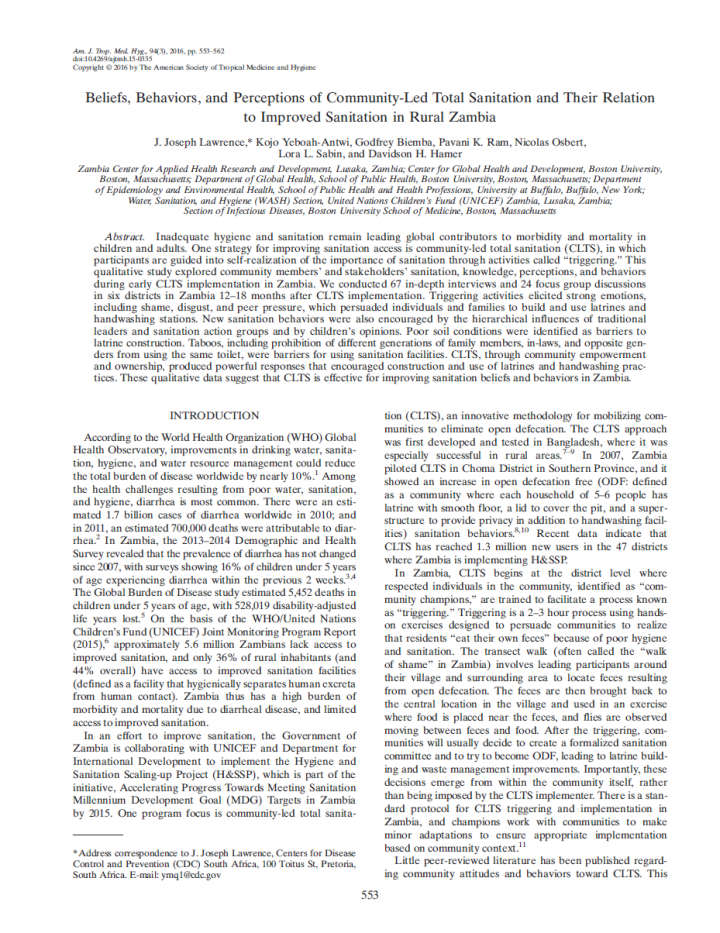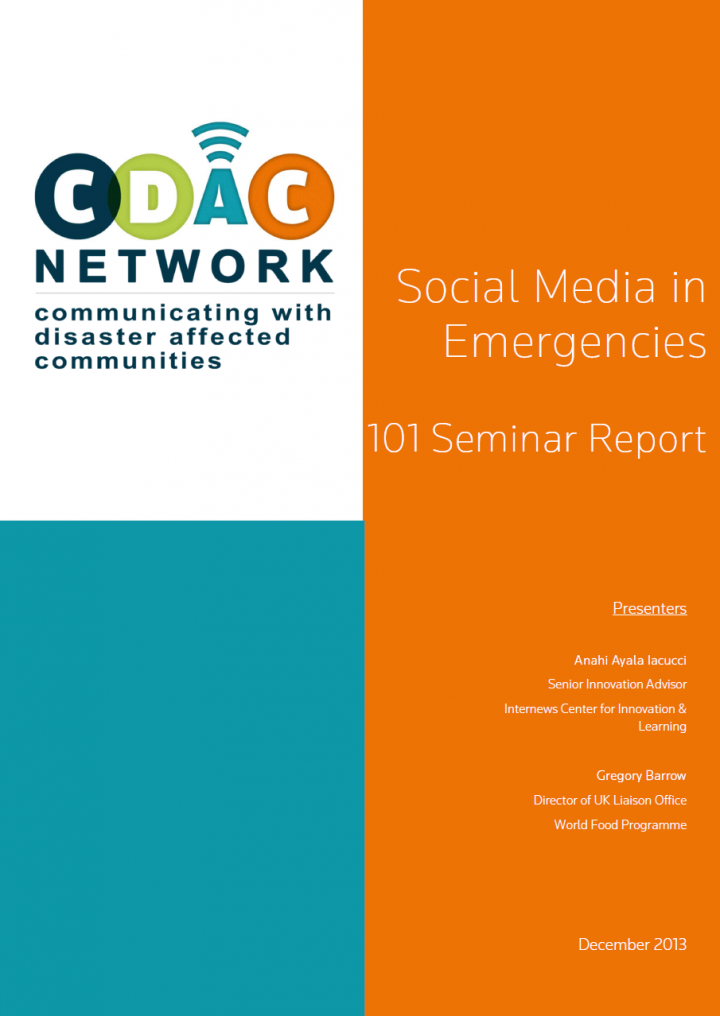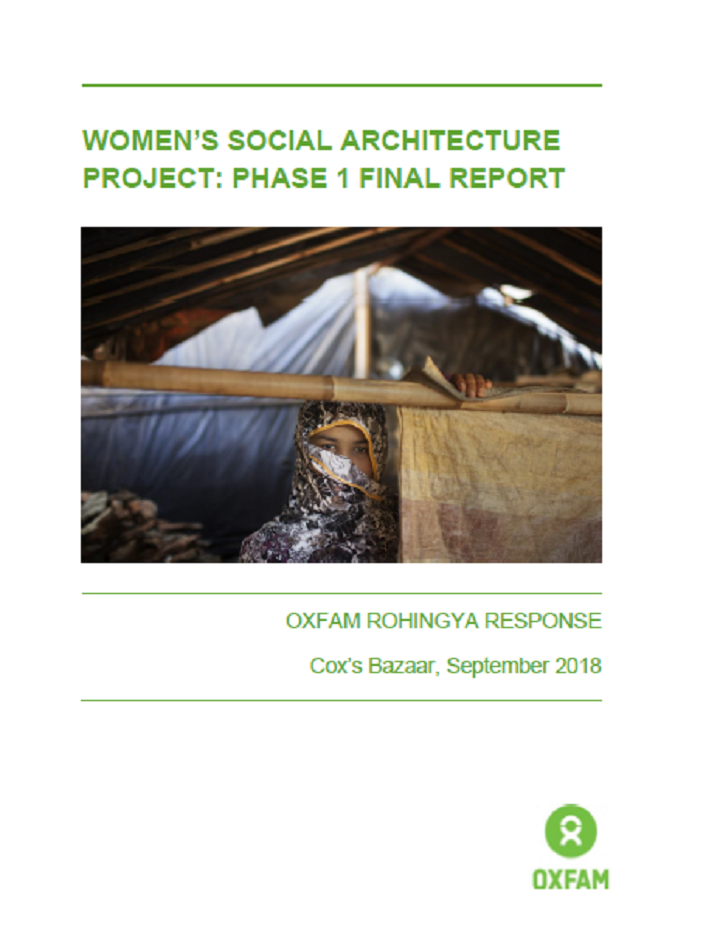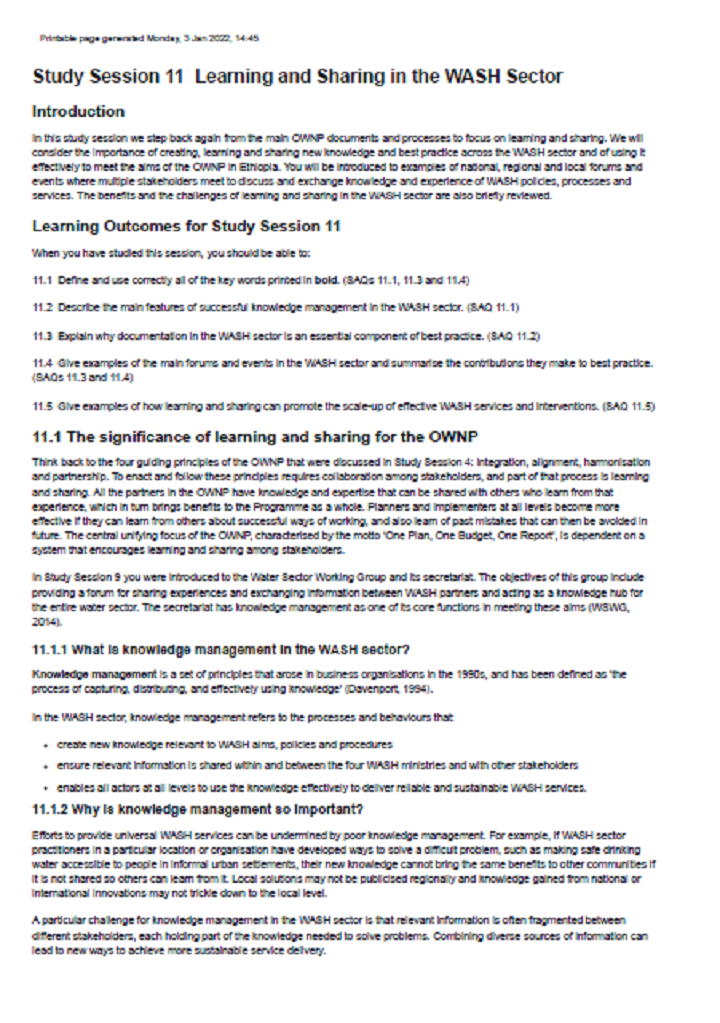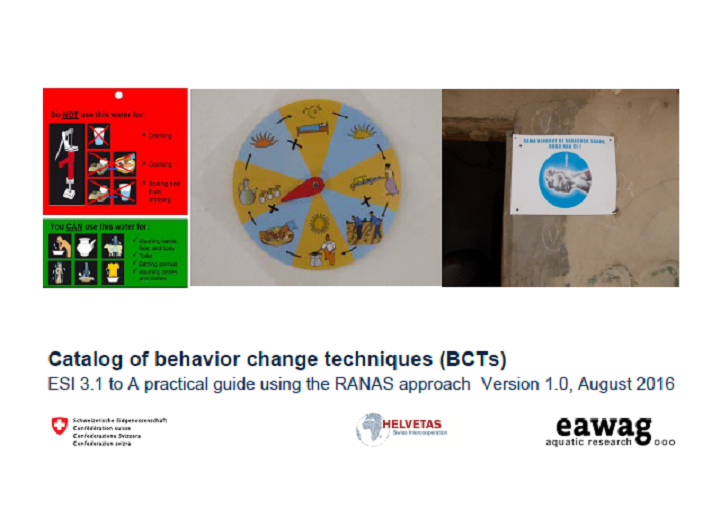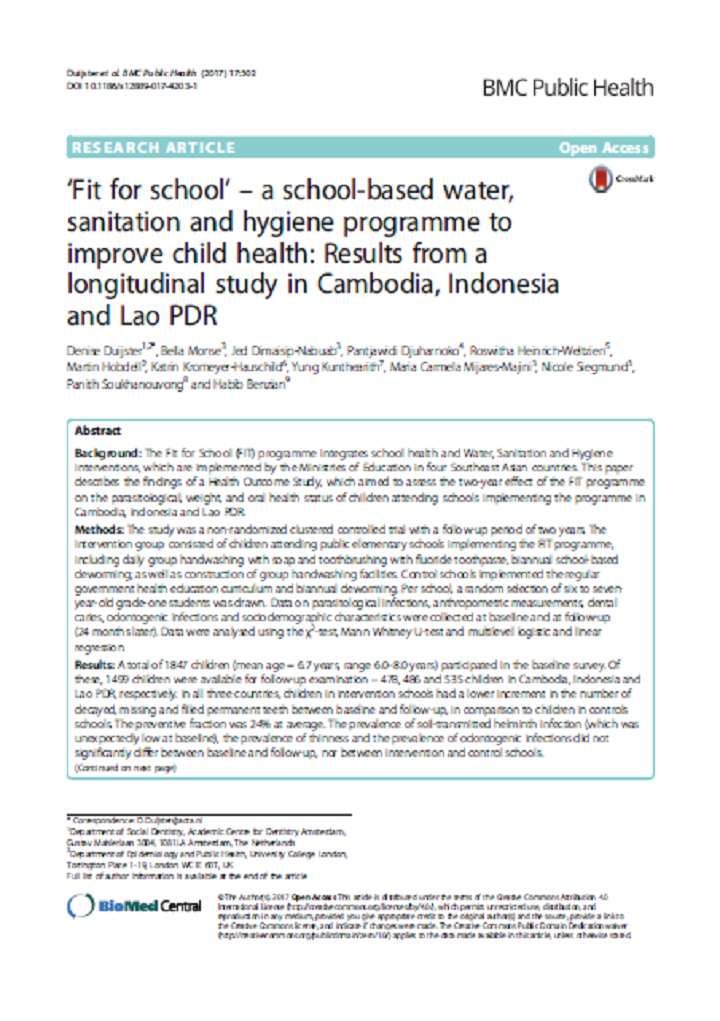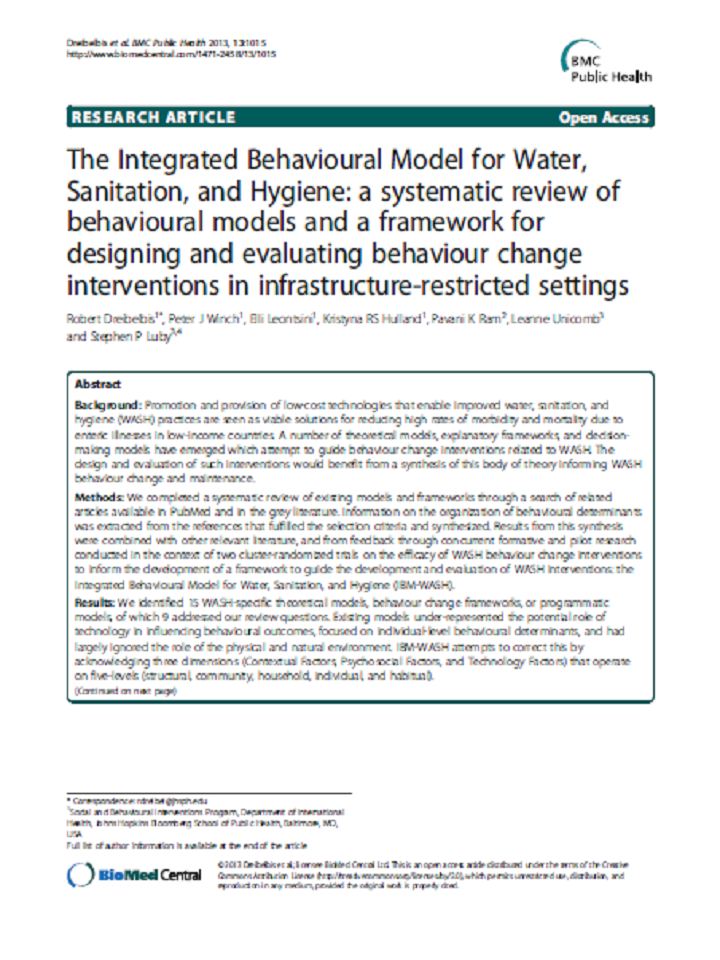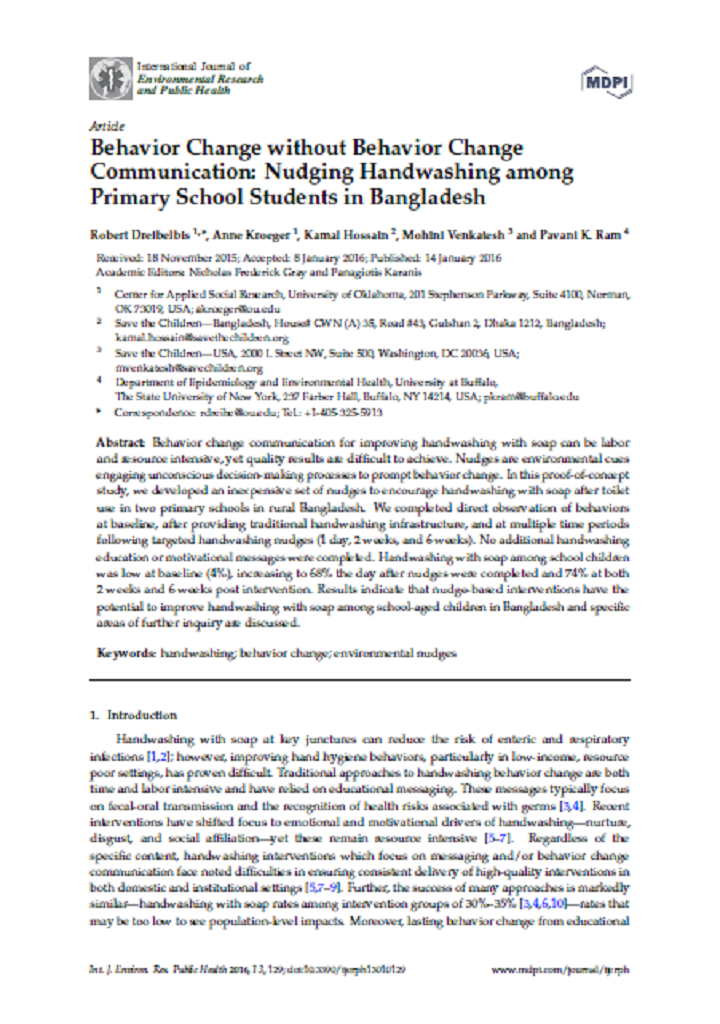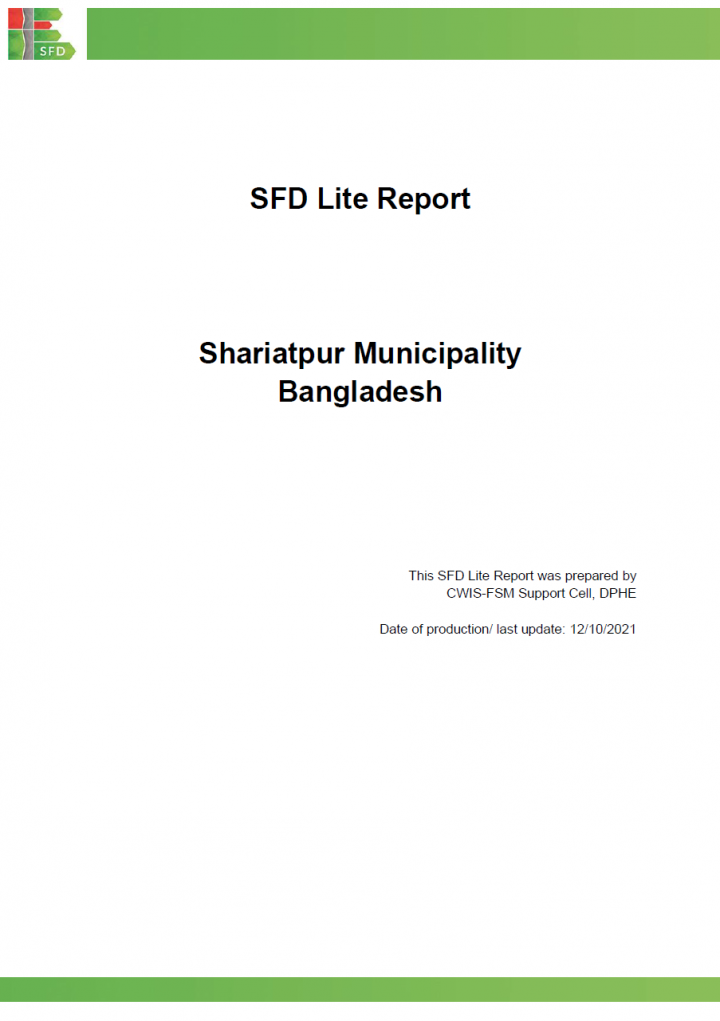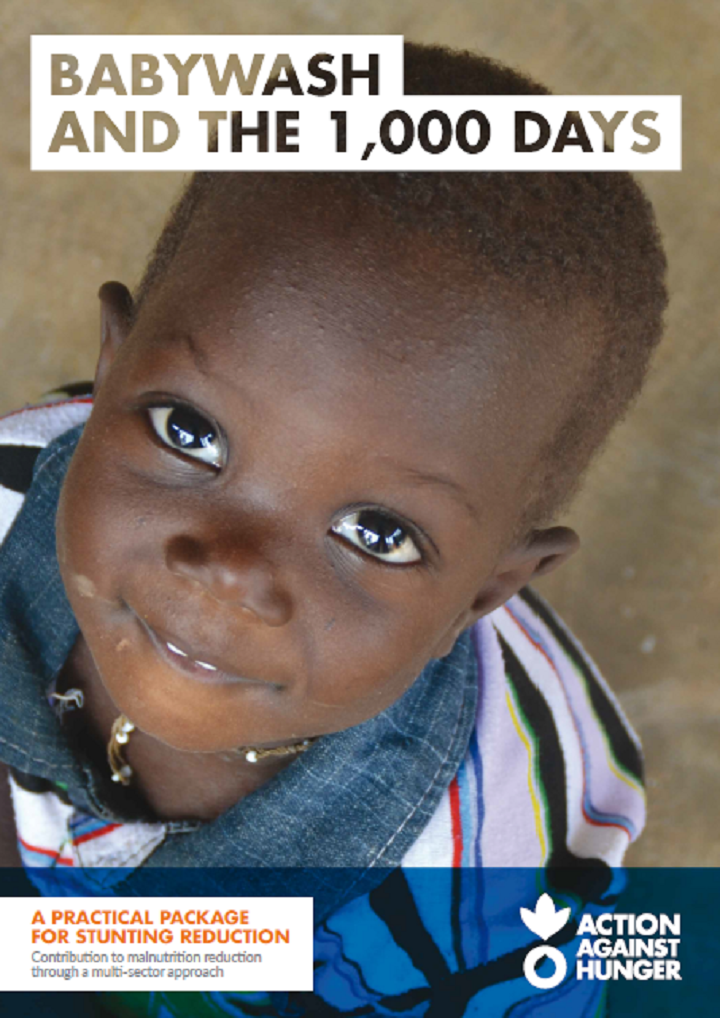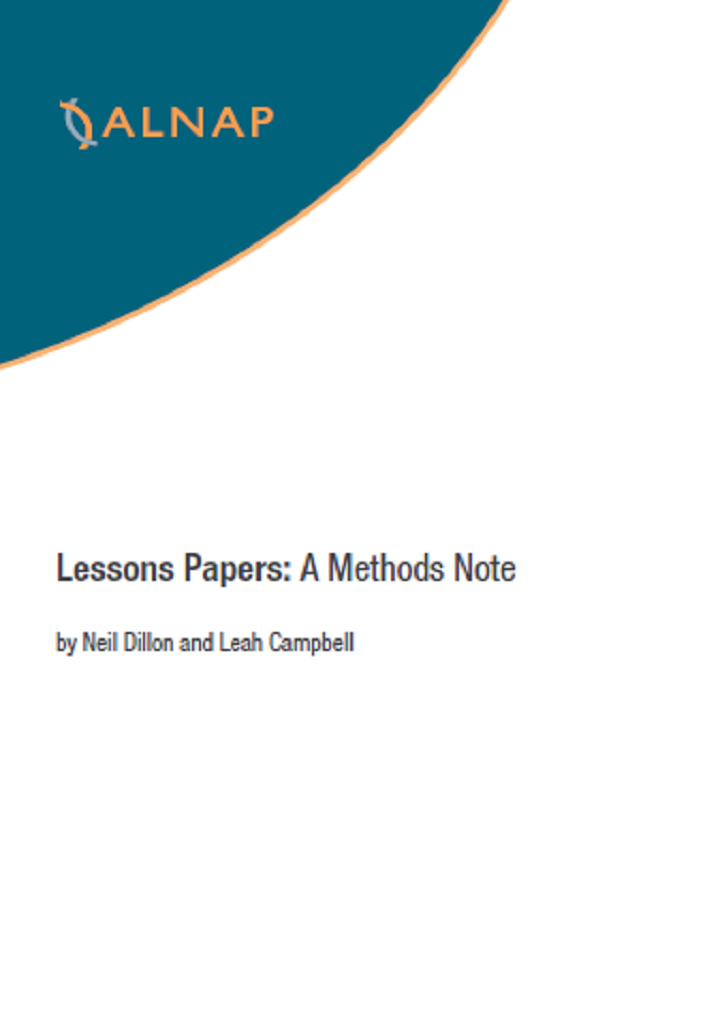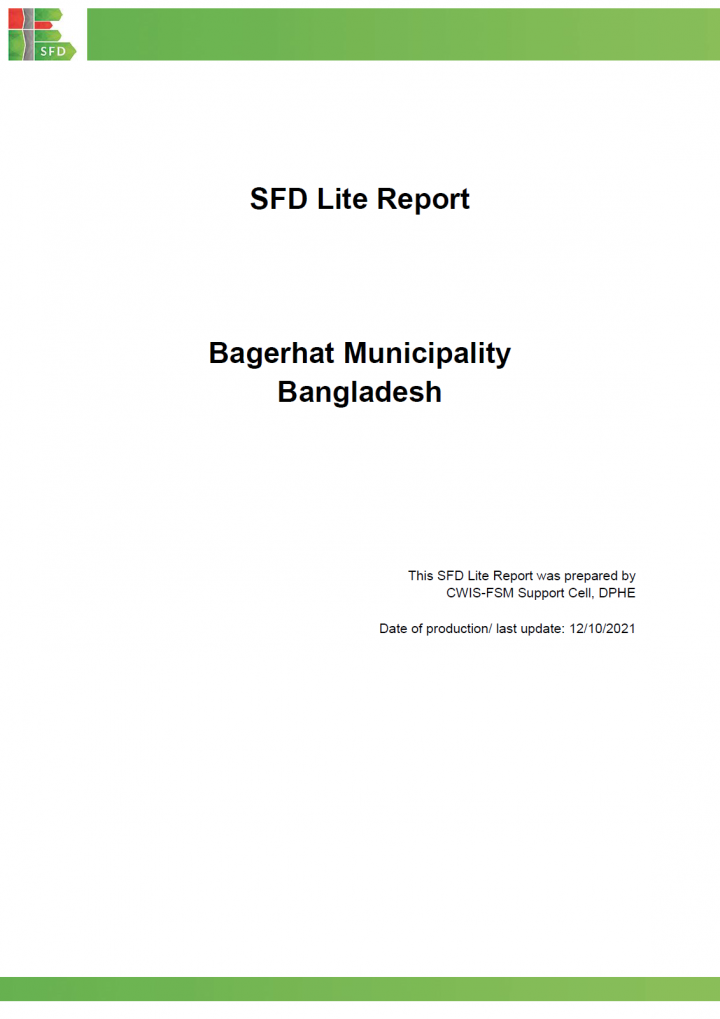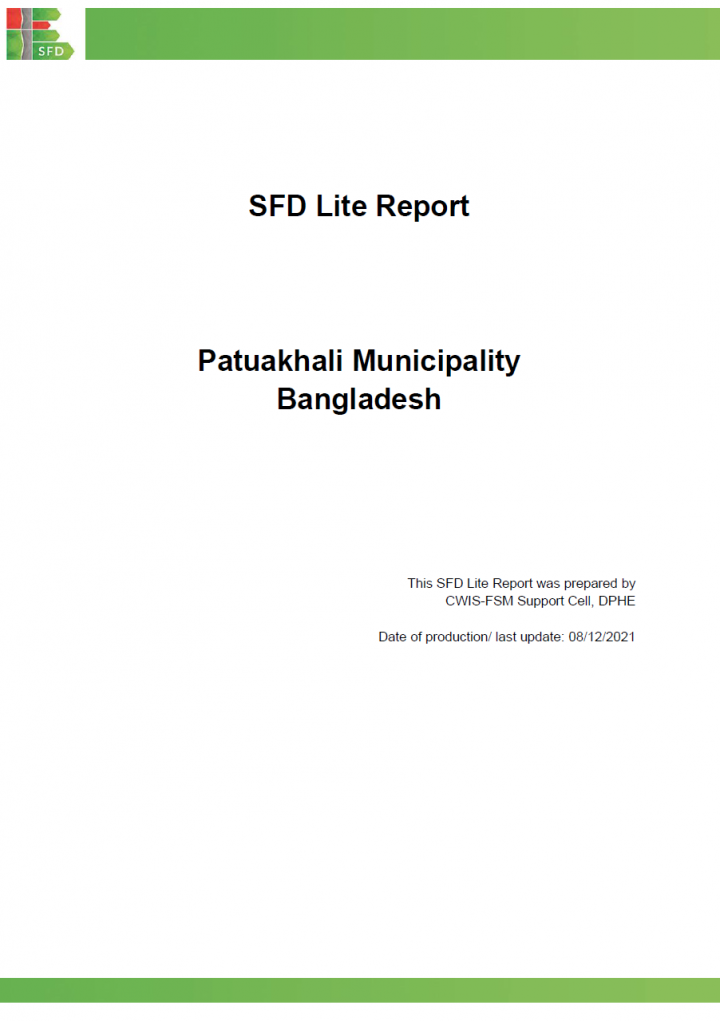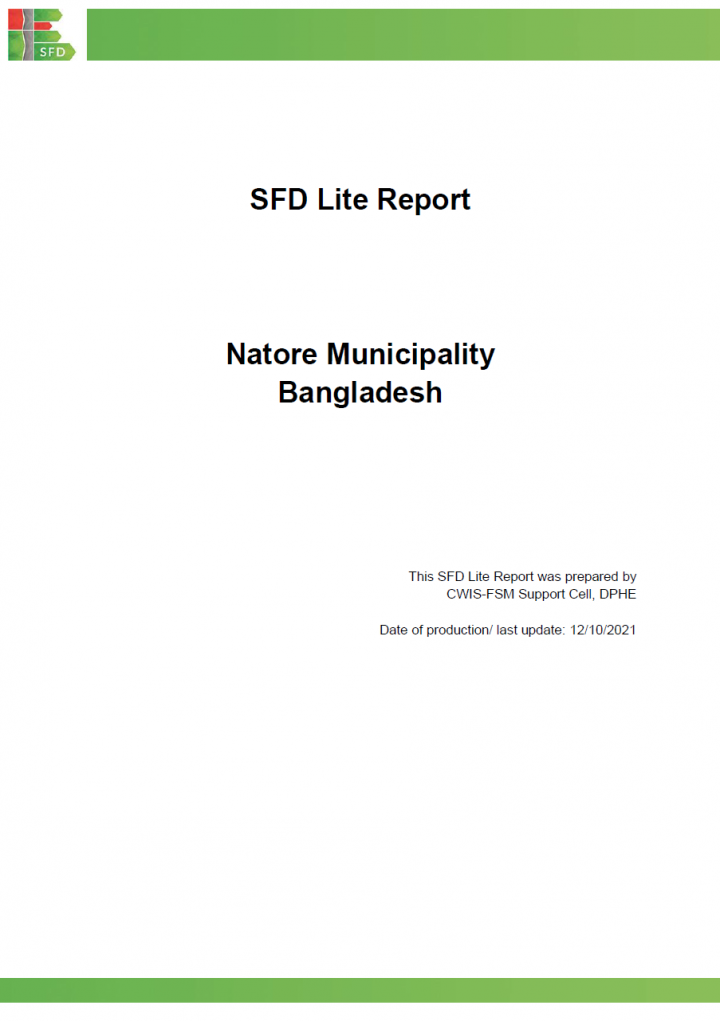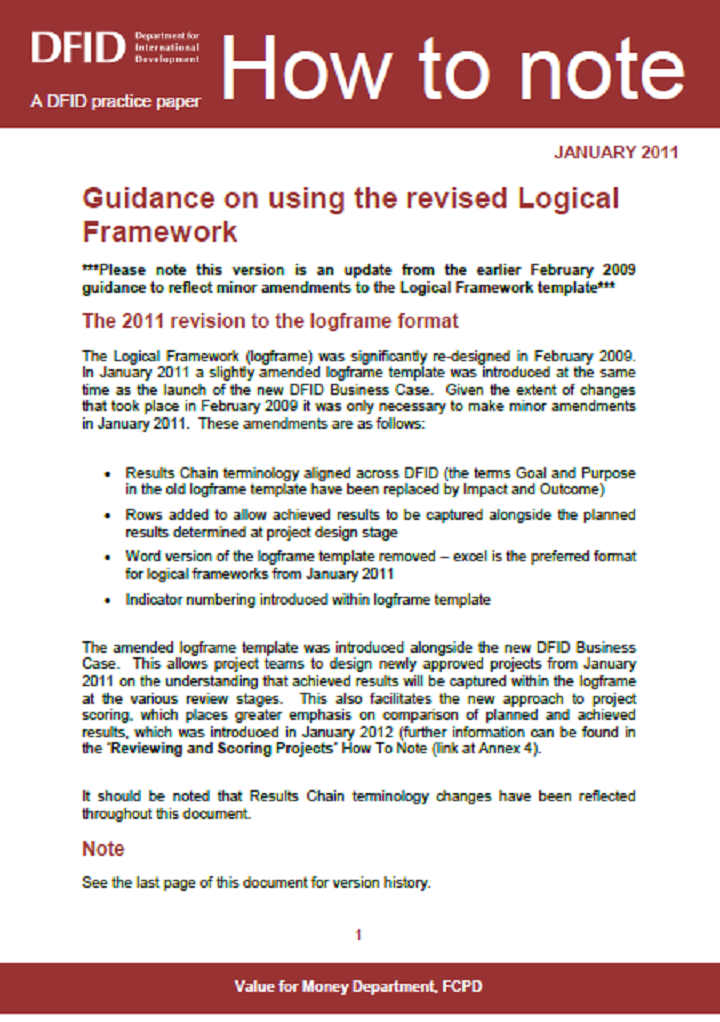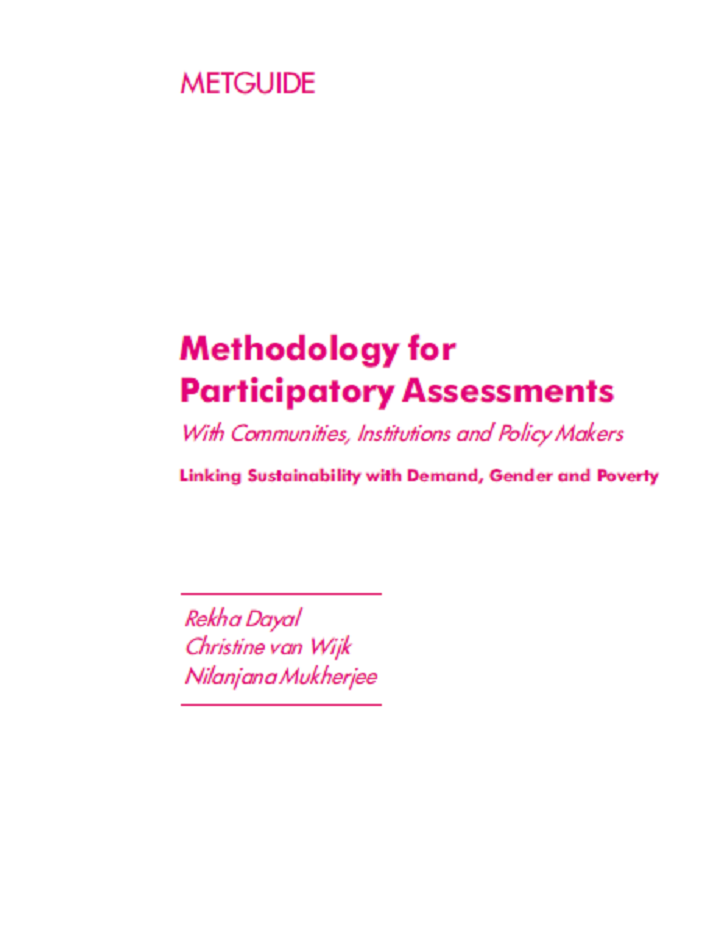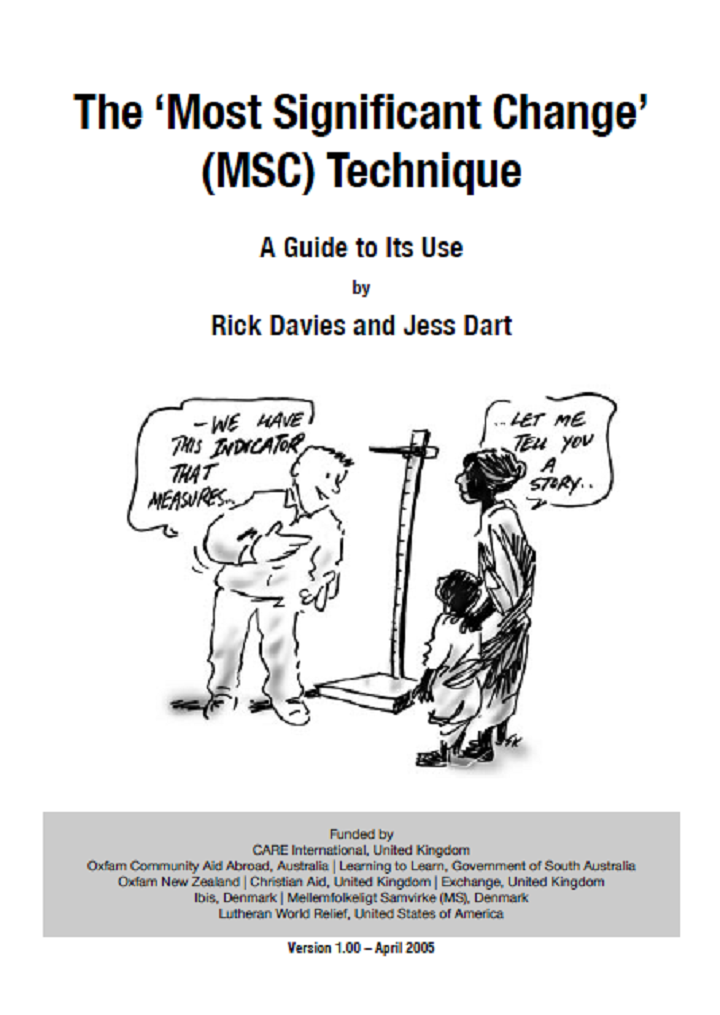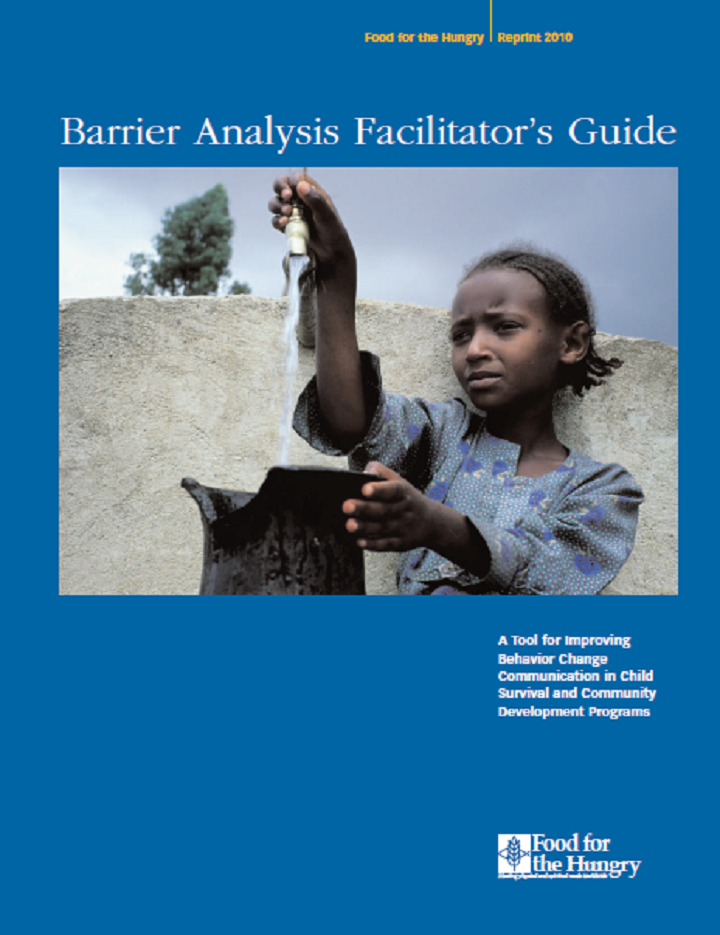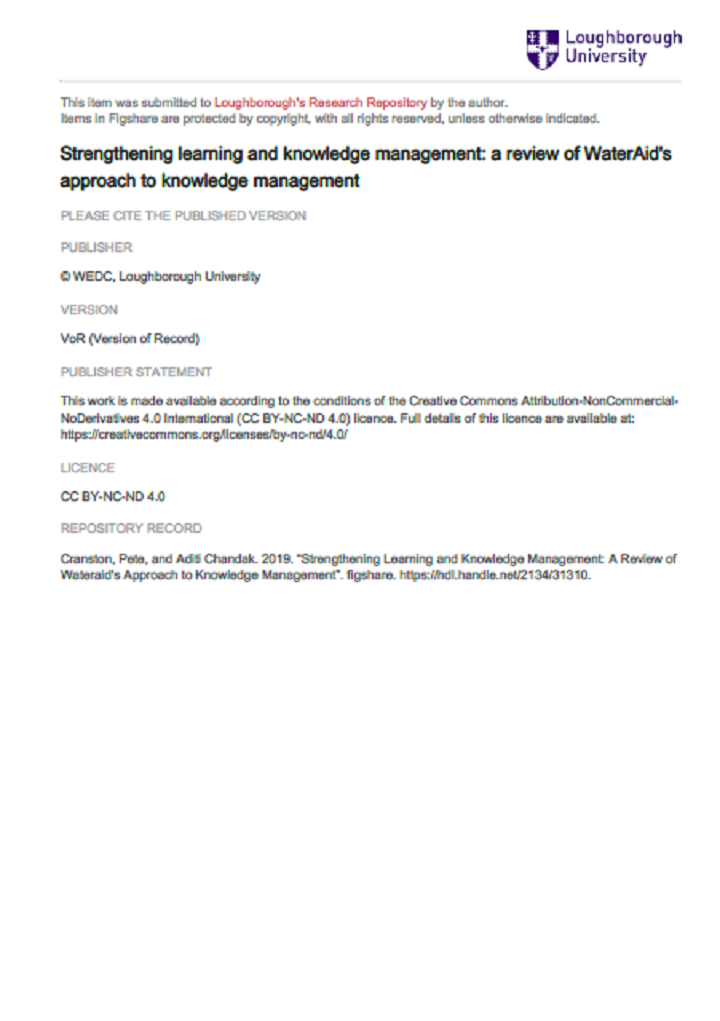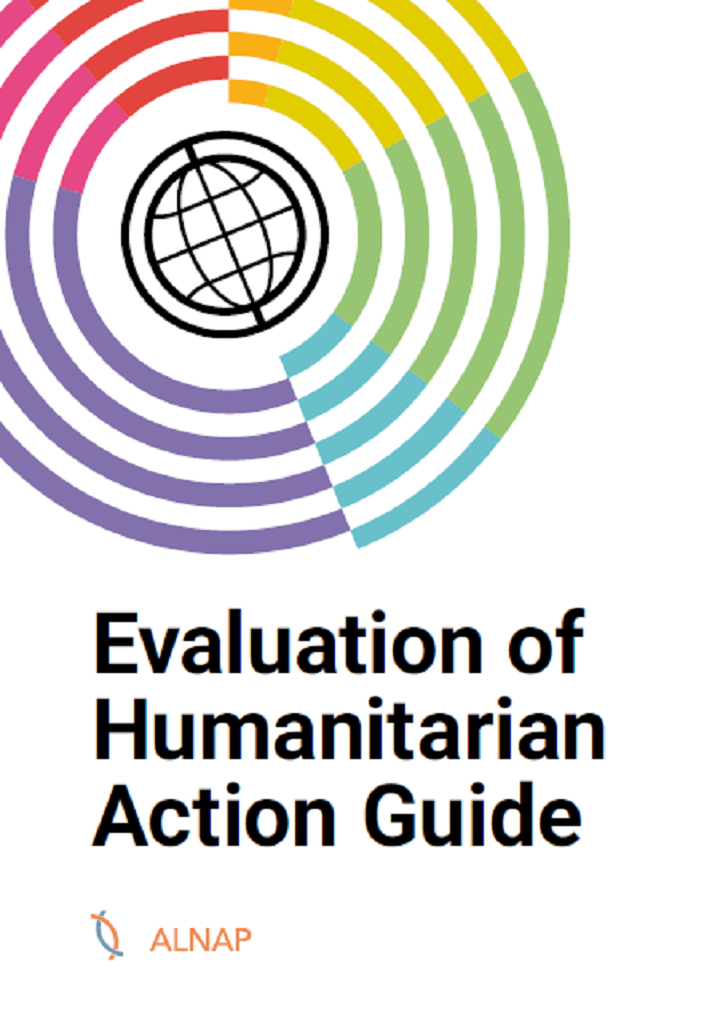Lawrence, J. J., Yeboah-Antwi, K., Biemba, G., Ram, P. K., Osbert, N., Sabin, L. L., Hamer, D. H. (2016) Beliefs, Behaviors, and Perceptions of Community-Led Total Sanitation and Their Relation to Improved Sanitation in Rural Zambia
Inadequate hygiene and sanitation remain leading global contributors to morbidity and mortality in children and adults. One strategy for improving sanitation access is community-led total sanitation (CLTS), in which participants are guided into self-realization of the importance of sanitation through activities called “triggering.” This qualitative study explored community members' and stakeholders' sanitation, knowledge, perceptions, and behaviors during early CLTS implementation in Zambia. We conducted 67 […]
CDAC Network (2013) 101 Seminar Report: Social Media in Emergencies
101 Seminar Report: Social Media in Emergencies: On November 25th 2013 the CDAC Network hosted a 101 Seminar on Social Media for Emergencies. The Seminar was led by Anahi Ayala Iacucci of Internews and Gregory Barrow of WFP, and it was hosted by Plan UK. The CDAC Network 101 Seminar Series is designed to build the capacity of members by improving information sharing amongst members […]
Farrington, M. (2018) Women's Social Architecture Project - Phase 1 Final Report
In May and June 2018, Oxfam undertook research with Rohingya women and adolescent girls living in Cox Bazar refugee camps, focused on the barriers and enablers of using WASH facilities in the camps. The research brought two female architects to work with women and girls to adapt the design of existing facilities, and to design new facilities to meet their needs. From discussions with women […]
Ethiopia’s One WASH national programme (0) Study Session 11: Learning and Sharing in the WASH Sector
In this study session we step back again from the main OWNP documents and processes to focus on learning and sharing. We will consider the importance of creating, learning and sharing new knowledge and best practice across the WASH sector and of using it effectively to meet the aims of the OWNP in Ethiopia. You will be introduced to examples of national, regional and local […]
Eawag, Helvetas, SDC (2016) Catalogue of Behaviour Change Techniques (BCTs)
Duijster, D., Monse, B., Dimaisip-Nabuab, J., Djuharnoko, P., Heinrich-Weltzien, R., Hobdell, M., Kromeyer-Hauschild, K., Kunthearith, Y., Mijares-Majini, M.C., Siegmund, N., Soukhanouvong, P., Benzian, H. (2017) ‘Fit for school’ – a school-based water, sanitation and hygiene programme to improve child health: Results from a longitudinal study in Cambodia, Indonesia and Lao PDR
The Fit for School (FIT) programme integrates school health and Water, Sanitation and Hygiene interventions, which are implemented by the Ministries of Education in four Southeast Asian countries. This paper describes the findings of a Health Outcome Study, which aimed to assess the two-year effect of the FIT programme on the parasitological, weight, and oral health status of children attending schools implementing the programme in […]
Dreibelbis, R., Winch, P.J., Leontsini, E., Hulland, K.RS., Ram, P.K., Unicomb, L., Luby, S.P. (2013) The Integrated Behavioural Model for WASH: A Systematic Review of Behavioural Models and a Framework for Designing and Evaluating Behaviour Change Interventions in Infrastructure-Restricted Settings
A number of WASH-specific models and frameworks exist, yet with some limitations. The IBM-WASH model aims to provide both a conceptual and practical tool for improving our understanding and evaluation of the multi-level multi-dimensional factors that influence water, sanitation, and hygiene practices in infrastructure-constrained settings. We outline future applications of our proposed model as well as future research priorities needed to advance our understanding of […]
Dreibelbis, R., Kroeger, A., Hossain, K., Venkatesh, M., Ram, P.K. (2016) Behavior Change without Behavior Change Communication: Nudging Handwashing among Primary School Students in Bangladesh
Behavior change communication for improving handwashing with soap can be labor and resource intensive, yet quality results are difficult to achieve. Nudges are environmental cues engaging unconscious decision-making processes to prompt behavior change. In this proof-of-concept study, we developed an inexpensive set of nudges to encourage handwashing with soap after toilet use in two primary schools in rural Bangladesh. We completed direct observation of behaviors […]
CWIS-FSM Support Cell, DPHE (2021) SFD Lite Report Shariatpur Municipality Bangladesh
Shariatpur municipality is the heart of Shariatpur district, formed by the floodplain of the Padma, about 60 km south of the capital Dhaka. Although it was established as a district town in 1974, Shariatpur municipality was declared in 1975. Shariatpur is one of the 53 district-level Municipalities in the country. According to the population census in 2011 by the Bangladesh Bureau of Statistics (BBS), the Shariatpur […]
Dominguez, E. (2017) Baby WASH and the 1,000 Days. A Practical Package for Stunting Reduction. Contributing to Malnutrition Reduction Through a Multi-Sector Approach
Poor WASH conditions are thought to be one of the main causes of child stunting. The household environment in which children develop and grow is highly related to their nutritional status. Direct and indirect pathways exist between WASH and stunting, from diarrheal diseases and Environmental Enteric Dysfunction (EED), to socio-economic conditions and time constraints to child care practices. The BabyWASH concept has recently emerged to […]
Dillon, N., Campbell, L. (2018) Lessons Papers: A Methods Note
This Methods Note proposes a revised methodology for future ALNAP Lessons Papers. It seeks to improve the rigour of the research methods used to generate them, while maintaining the broad research questions and inclusive approach to grey literature review. This Methods Note is aimed primarily at the ALNAP Secretariat and authors of future Lessons Papers. It should be used to guide the definition of the Terms […]
CWIS-FSM Support Cell, DPHE (2021) SFD Lite Report Bagerhat Municipality Bangladesh
Bagerhat is one of the coastal towns of southern Bangladesh, which is 264 km away from the capital city Dhaka. It is beside the river Bhairab and well connected with road, water, and railways. It was declared as a municipality in 1958. It consists of 9 wards and 31 mahallas. Bagerhat is one of the 53 district-level Municipality in the country. According to the population census […]
CWIS-FSM Support Cell, DPHE (2021) SFD Lite Report Patuakhali Municipality Bangladesh
Patuakhali is a coastal town and district headquarter of Patuakhali district, is located on the southern bank of Laukathi river in the division of Barisal in Bangladesh. It is 280 km away from Dhaka city and well connected through road and water. It is the administrative headquarter of Patuakhali district and one of the oldest towns and municipalities in the country. Patuakhali municipality was established […]
CWIS-FSM Support Cell, DPHE (2021) SFD Lite Report Natore Municipality Bangladesh
Natore municipality under Natore district is one of the influential urban areas in northern Bangladesh and connecting hub of central and southwest parts of the country. The city is 207 km away from the capital Dhaka city. Natore is considered as the gateway for connecting divisional headquarters Rajshahi to Capital City Dhaka as well as Rangpur Division and Khulna Division. and well connected with road, […]
DFID (2011) Guidance on Using the Revised Logical Framework
Dayal, R., van Wijk, C., Mukherjee, N. (2000) MetGuide. Methodology for Participatory Assessments with Communities, Institutions and Policy Makers. Linking Sustainability with Demand, Gender and Poverty
Davis, R., Dart, J. (2005) The ‘Most Significant Change’ (MSC) Technique. A Guide to Its Use
This publication is aimed at organisations, community groups, students and academics who wish to use MSC to help monitor and evaluate their social change programs and projects, or to learn more about how it can be used. The technique is applicable in many different sectors, including agriculture, education and health, and especially in development programs. It is also applicable to many different cultural contexts. MSC […]
Cranston, P., Chandak, A. (2016) Strengthening Learning and Knowledge Management: Review of WaterAid’s Approach to Knowledge Management
Cosgrave, J., Buchanan-Smitz, M., Warner, A. (2016) Evaluation of Humanitarian Action Guide
The Evaluation of Humanitarian Action Guide supports evaluation specialists and non-specialists in every stage of an evaluation, from initial decision to final dissemination. A pilot version of this Guide was first released in June 2013, following a three-year drafting process led by ALNAP, co-authors John Cosgrave and Margie Buchanan-Smith, and supported by an inter-agency advisory group. 15,000 EHA Guide downloads later, ALNAP has gathered feedback from more […]
